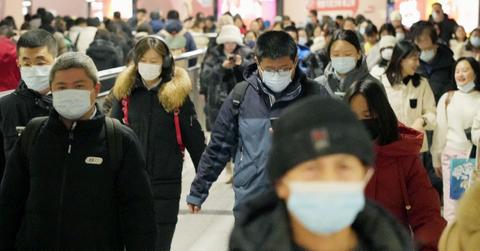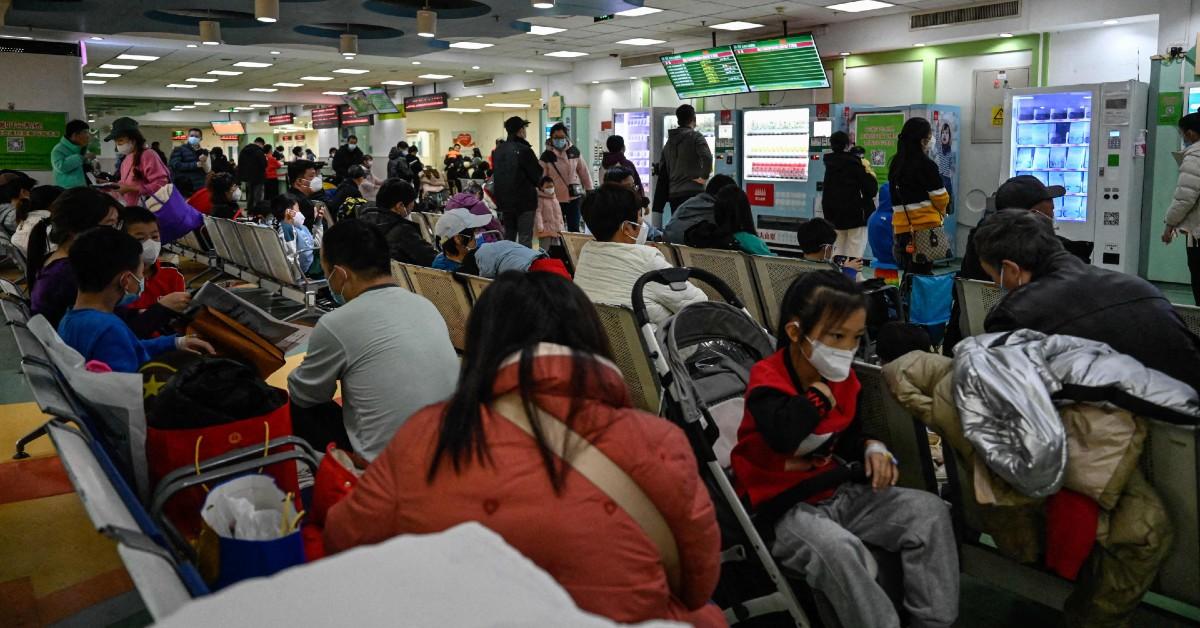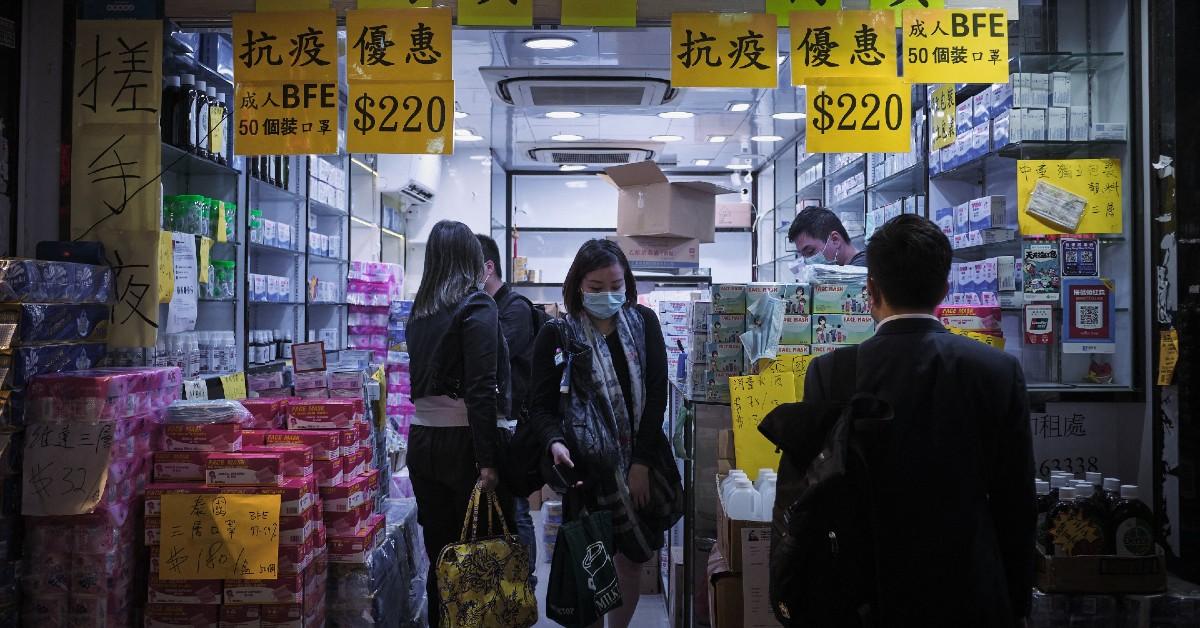 NEWS
NEWSHMPV Scare: People in China Rush to Pharmacies to Buy 'Miracle Pill' for Mysterious Virus as Children Suffer Severe Symptoms

HMPV cases in China are reportedly increasing.
Jan. 9 2025, Published 3:32 p.m. ET
Pharmacies in China have been filled with customers hoping for a "miracle" medication to help them fight symptoms amid a spike in human metapneumovirus (HMPV) cases.
Although symptoms are similar to the common cold or the flu — including cough, fever and congestion — and are generally mild, some patients that are very young or immunocompromised may experience more severe symptoms as positive test rates in children 14 years old and younger rise in the area.

HMPV symptoms include fever, congestion and coughing.
One parent of a sick child claimed on social media that the illness was "no joke," and another explained their child had severe flu-like symptoms and a "high fever for days."
There has also been video released that appeared to imply overcrowding in hospitals in China.
As cases increase, pharmacies are reportedly raising prices on a medication called Xofluza, an antiviral with the main ingredient Baloxavir marboxil. It's been called a "miracle pill" when it comes to flu symptoms, per Qilu Evening Post.
One pharmacy employee said, "It's out of stock. Baloxavir marboxil, it's sold out this morning. We have to wait for restock tomorrow. We are selling them at 227yuan," which is roughly $30 USD.
- Ex-Prince Andrew Partied With Model in China During Taxpayer-Funded Trip, Epstein Emails Reveal
- Donald Trump Trolled for 'the Longest Handshake Ever' as 'Repulsed' President Xi Snubs President in South Korea: Watch
- Donald Trump Looks Confused as He Asks 'Which Way' to Walk Off Stage With President of China: Watch
Want OK! each day? Sign up here!

Pharmacies are reportedly running out of an antiviral medication called Xofluza.
According to the Daily Star, another pharmacy worker in Zhengzhou city told a local news outlet: "Tamiflu used to be the go-to medicine but this Xofluza is imported goods so it's not cheap. We are selling it around 200yuan ($27 USD), we see a lot of people asking for this medication recently. Some of them said they travelled far to look for this."
The New York Post reported the Center for Disease Control is monitoring HMPV cases, but said the current number of cases in the U.S. is at "pre-pandemic" levels.
According to the CDC, the incubation period for HMPV is 3 to 6 days and the duration of the sickness depends on the severity.
It's spread primarily through germs from coughing and sneezing, contact with others such as "shaking hands" and "touching objects or surfaces that have the virus on them then touching the mouth, nose or eyes."
Patients can help prevent the spread by thoroughly washing hands with soap and water, avoiding touching their own eyes or mouth, covering their mouth or nose when they sneeze and by staying home.


